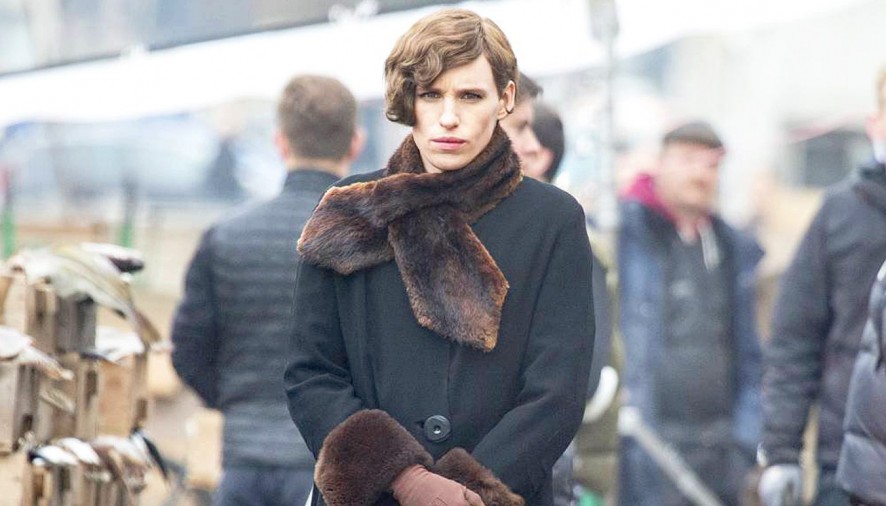In recent film history, we have seen a major rise in the focus played on transgender roles in movies, with stories of gender reassignment and struggling with gender identity a desirable tale for directors to tell. With this comes praise and criticism alike. The most recent criticism is the discussion of cisgendered actors – that is to say, actors who associate with their assigned genders – who appear to be given transgender roles over those actors who truly are transgender, and understand the experiences of the characters. The most recently attacked film? Zoolander 2.
Ben Stiller’s comedy tackles transgender issues in a more comedic way than most trans-films would, with Benedict Cumberbatch playing androgynous model ‘All’. Cumberbatch appears to detract from the issues of the transgender community for a more clownish “oops” in regards to his character’s genitals. This raised a riotous uproar, with a petition to boycott the movie which, as of writing this, has received over 12,000 signatures. Yet, Cumberbatch’s performance isn’t the only film that has received criticism recently.
In his Oscar-winning speech as Rayon in HIV-film Dallas Buyers Club, Jared Leto appeared to neglect the struggles of the transgender community, instead focusing on his appearance in the film: “that tiny little Brazilian bubble butt was all mine,” he said, to raucous laughter and wild Twitter outrage. The major questions were: a) why is Leto, a cisgendered man, joking about real transgender issues, and b) why is Leto, a cisgendered man, being given the role of a transgender woman at all? Similarly, when Fanning (About Ray – recently retitled from Three Generations) and Redmayne (The Danish Girl) were announced as Ray and Lili respectively, there was rage from the transgender supportive community, asking why trans-actors weren’t being given the opportunities of cis-actors to play trans-roles. The prejudice of Hollywood appears to sway very much towards the cisgendered.
However, there are many very strong trans-actors out there being given opportunities to perform as major characters. Laverne Cox is an excellent example, playing Sophia Burset in Netflix’s Orange is the New Black. Jamie Curtis is another, playing Kyla in Hung, before taking on hacker Nomi in Sense8, written by Matrix directors the Wachowskis. Still, these very competent transgender actors are being typecast into their roles as trans-characters. Cisgendered actors are given more opportunities to be other genders or sexualities, because to be cisgendered is considered the norm in Hollywood. To be transgendered in this century’s cinema is to be gay or lesbian in last century’s cinema: undoubtedly, typecasting will occur, and it will take time to change.
Influential trans-actress, director and writer Marlo Bernier said it well: “Are there people of trans experience and histories who act? Yes. Are they right for the part simply by the fact that they are authentically trans? No.” The transgendered acting scene has only boomed recently, and it takes time for the big dogs to realise what talent they have at their fingertips. After all, they’re actors: they’re paid to be people they’re not.
Tom Wigmore
[Image: The Danish Girl]

